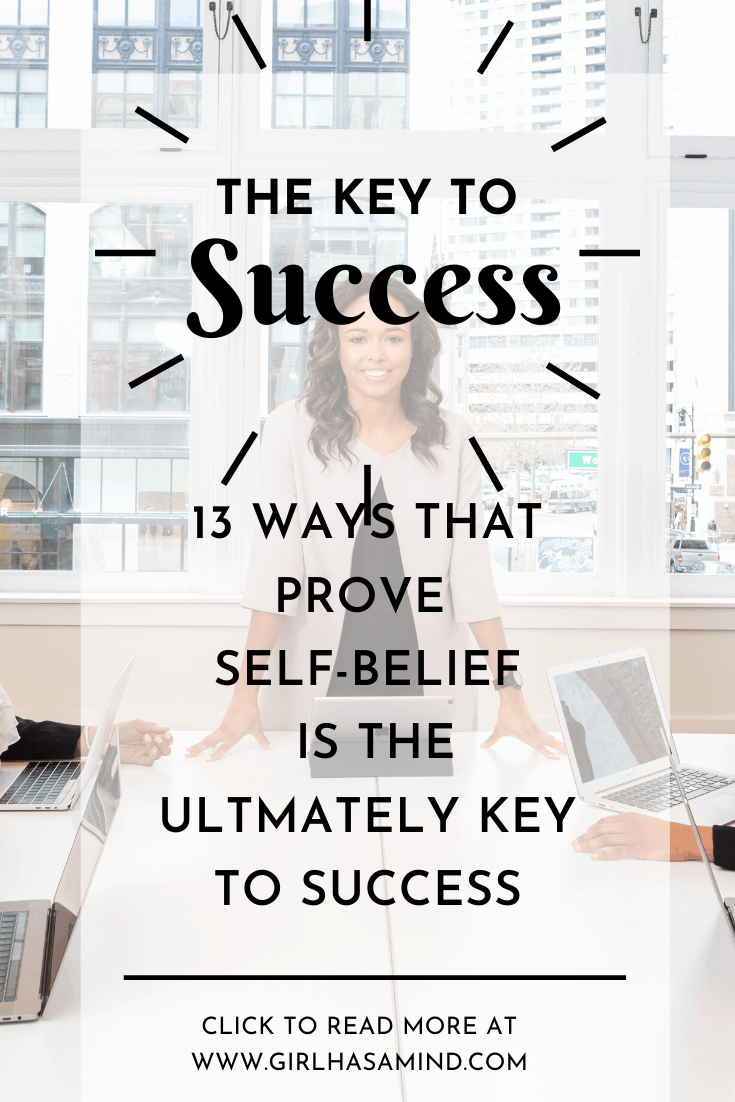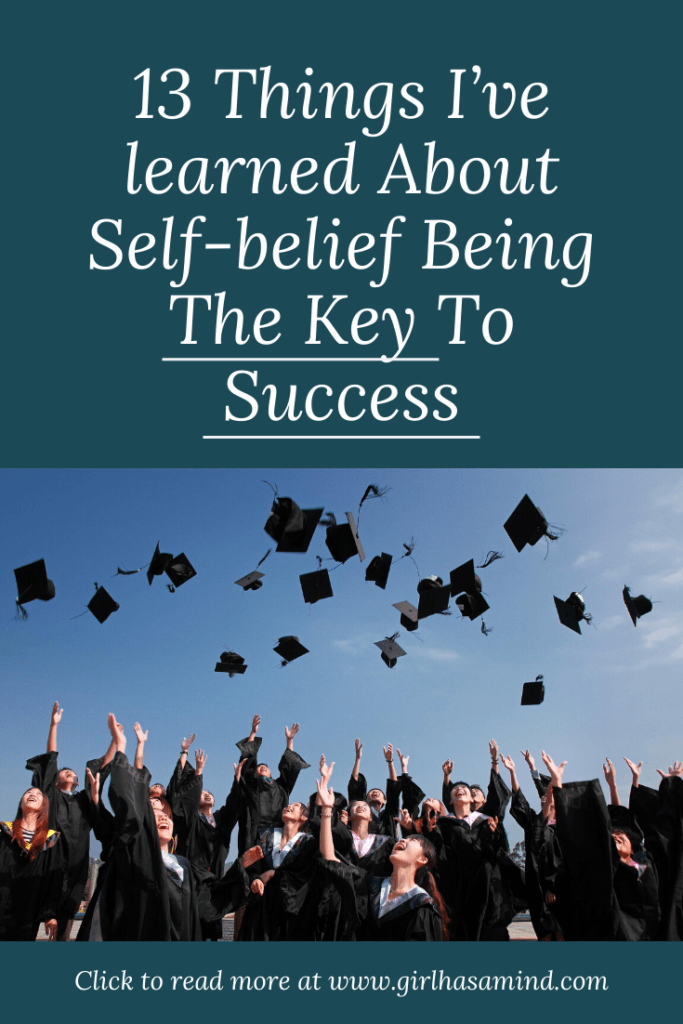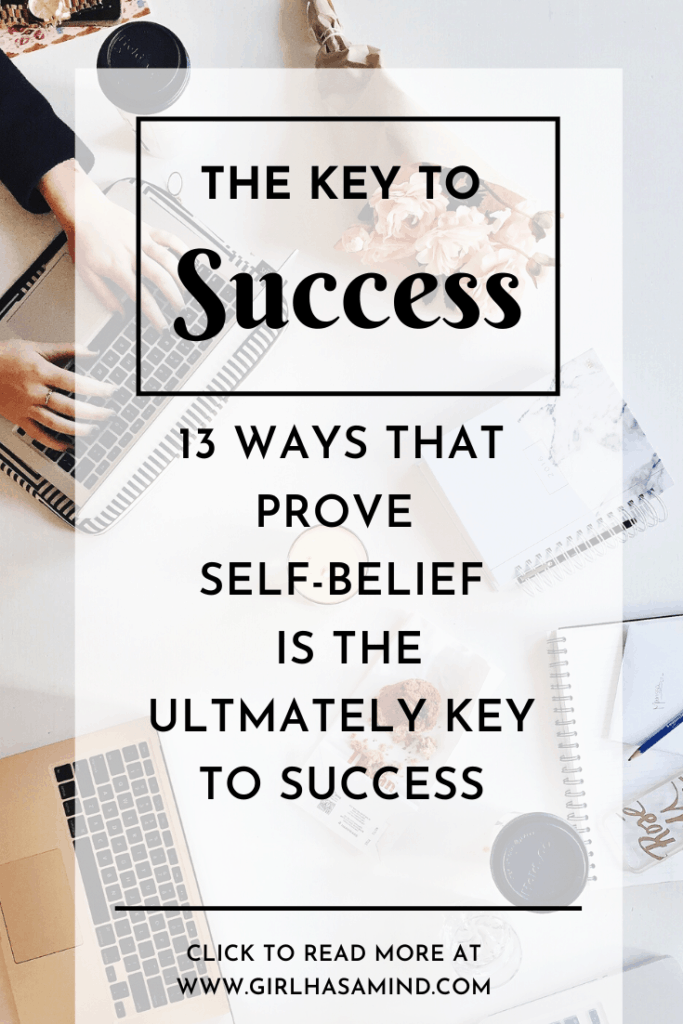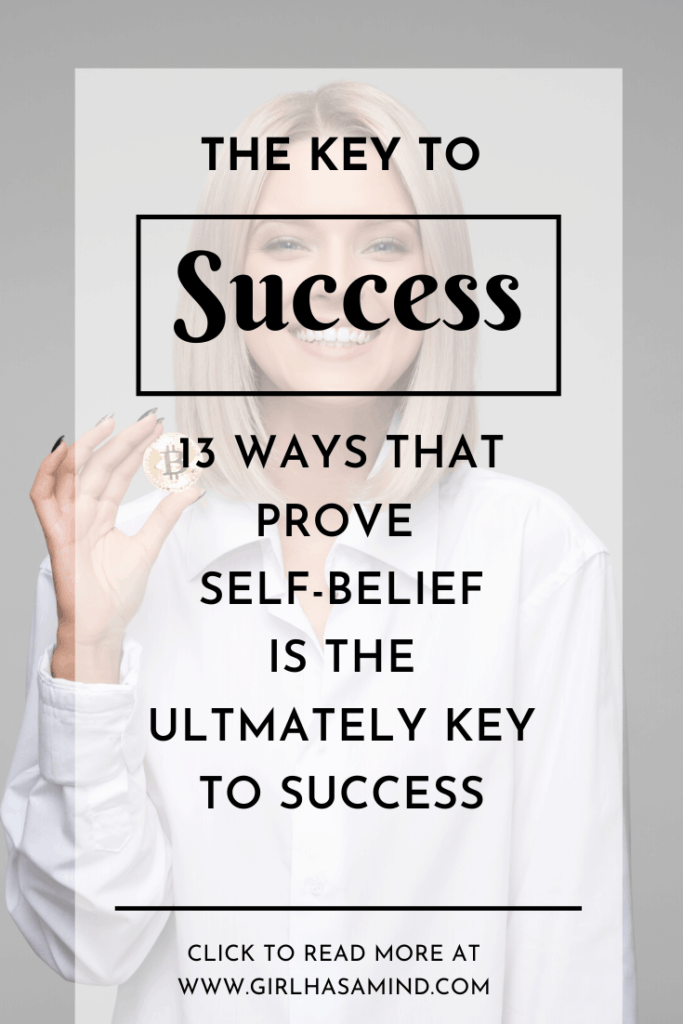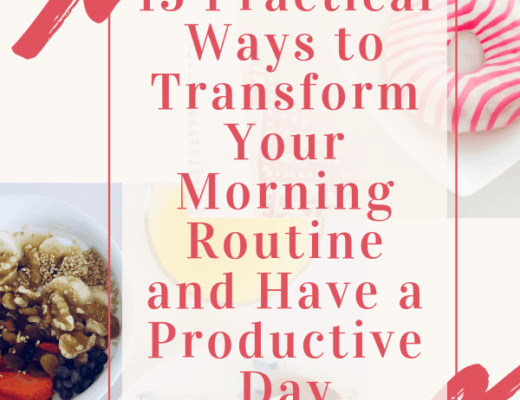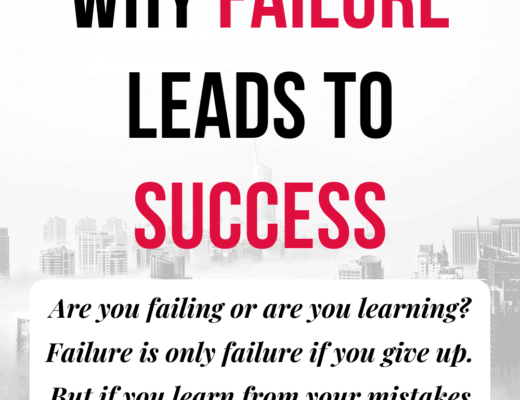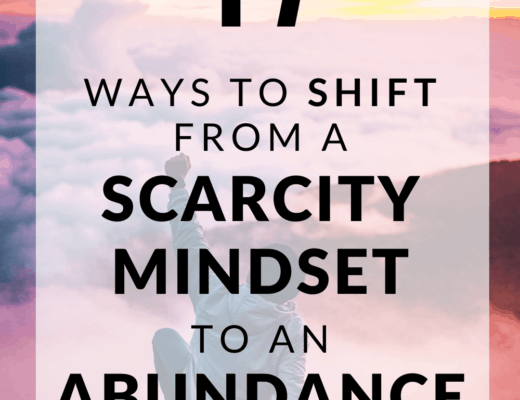Disclosure – This page contains Affiliate Links. That means I get a small commission when you make a purchase but there is no additional cost to you. Please read my disclaimer page for more information.
After watching about 3 seasons of Masterchef, with 70+ episodes each season, I’ve realized that the show is a perfect example that self-belief is ultimately the key to success.
I enjoy watching Masterchef.
Unlike Game of Thrones, no-one ever dies, I don’t have to put up with seeing people naked, gruesome intestines, misogynistic violence and my favourite characters stay on screen for a long time instead of dying as quickly as they first appeared.
It’s a “neutral” family show that doesn’t inspire too much passion plus the contestants genuinely seem to enjoy being on the show, and it’s mostly a positive experience for everyone.
But more importantly, I enjoy watching them learn from their mistakes and grow as human beings.
I’ve also come to understand, after about 3 seasons of 70+ episodes each, that there is a very clear link between success and self-belief.
I belief that self-belief is ultimately the one secret key to success.
If you believe in yourself, you are far more likely to succeed than when you don’t. I suspect that it’s because people with a strong sense of self-belief are more likely to keep going in the face of adversity, accept their failures and learn from their mistakes. They don’t just give up.
Whereas those contestants that are full of self-doubt quickly give up, concluding that the task is simply too difficult, that it’s not for them, that they just don’t have what it takes. Or they simply become overwhelmed, start crying, and then have a panic attack.
Those that remain cool and collected when they make a mistake, can stop, admit their failure, and simply start again without making this huge drama about it, and when you are under a lot of pressure and have a time constraint like they do in the elimination challenges, that extra time you save by not having a mental breakdown can be the key to not only completing the challenge, but winning it.
You can see this in other areas of life as well. People who believe that they can do something as long as they keep going, even if the end result isn’t PERFECT, in other words, those people with self-belief, those are the people that succeed in life.
However, it’s easy to confuse self-belief with entitlement or self-confidence or even narcissism.
Also read:
- 7 Practical Tips for Building Confidence and Self-Esteem
- The Keys to Success – Quotes by Famous People
- Affirmations for Confidence and Success
- The Power of Positive Affirmations for Confidence and Self-esteem
- How to Build Self-Confidence and Self-Esteem & Become More POSITIVE
- 15 Easy Shortcuts you can do RIGHT NOW to Boost Your Confidence and Self-Esteem
Self Confidence vs Self Belief vs Self Esteem – A Quick Definition
Unless you are a psychologist, the definitions for self-belief and self-esteem are very similar, similar enough that you may treat them as one concept. And for the purposes of this article I will use them interchangeably.
However there are slight differences which I feel we should define so it makes it easier to understand this article.
In psychology, the term self-esteem is used to describe a person’s overall sense of self-worth or personal value. In other words, how much you appreciate and like yourself.
Self-belief on the other hand, is the way you feel about yourself regardless of your achievements, looks or other things you may feel confident in.
Self-esteem is about the success you feel you deserve, while self-confidence is about the success you feel you are capable of achieving.
To be self-confident is to have confidence in yourself, or more specifically to trust in your ability to achieve some goal.
Pediaa has a nice infographic that helps explain self-esteem versus self-confidence.
A sense of entitlement is defined as “an unrealistic, unmerited or inappropriate expectation of favourable living conditions and favourable treatment at the hands of others.”
Don’t worry if those definitions are so subtle you struggle to pick them apart. Even I can’t, even after writing this article!
I think the best way to explain it is to think of self-confidence as more of an outward trait, how you are perceived, versus self-belief, which is more of an inward trait, how you feel about yourself.
For me, the confidence that I feel when I know I can achieve a task is based on past achievements and successes, whereas my self-belief is based on a knowledge that I am a strong person that has overcome a lot in life, who learns from her mistakes, and works hard.
Therefore I’m not scared to try things, even things I have never done before, because I know all I have to do is keep trying, keep learning, keep working hard, and in the end I will succeed.
Why Is Self-belief Important?
Thomas Edison very famously said “I have not failed. I’ve just found 10,000 ways that won’t work.”
Imagine for a moment if you were in his shoes, having people tell you it can’t be done, spending money you don’t have, people telling you that YOU don’t have what it takes, or simply reminding you that there already is a working product out there, a fully functional light-bulb, why spend all this time and energy inventing a new one?
Would you keep going? Or would you quit?
I suspect, most of us would quit.
Yet without Thomas Edison’s sense of self-belief and perseverance, you would not have all these long lasting and cheap lights in your house. Or phones or cameras; try to imagine a world without camera phones!
Self-belief is the secret motivation that drives you to keep trying when you have a goal or a vision.
It’s that feeling inside yourself where you simply decide that you will keep going no matter how hard it gets, no matter what obstacles that are in your way, no matter how dark it gets outside. You will get up and try again, no matter how long it takes or how many times you fail, because those are just more opportunities to learn.
By the way, that Thomas Edison quote about failure? That was BEFORE he invented the lightbulb.
Where Does Self-belief Come From?
(noun) Self-belief is confidence in your own abilities or judgment.
Consider for a moment the definition of belief:
(noun) an acceptance that something exists or is true, especially one without proof.
Self-belief is just a belief in the self, and it comes from within ourselves. It doesn’t necessarily require achievement or experience.
It is a quiet “knowing” that we too can be as successful as the person next to us, and that it doesn’t matter that they are better educated, or have more experience, or have rich parents. Because self-belief means you don’t let that stop you, you don’t fall at that first hurdle, and even if you fall you get back up and keep going, you learn from your mistakes and you get better.
How Do You Become Successful At Anything?
Layne Beachley, The only surfer, male or female, to claim six consecutive world titles (1998-2003), did a Tedx Talk which you can find on Youtube (you should watch it, it is pretty powerful), and according to her, the things you need to become successful at anything are:
- Clarify your vision.
- Surround yourself with the right people, people who believe in you, encourage you and lift you up.
- Write down your goals, all the steps you have to take on the way to achieving your vision.
- Share your goals with others, this ensures not only accountability, but you are also likely to find the right people to help you, setting yourself up for success.
You can watch Layne Beachley’s talk about The Power of Self-Belief here, but it’s clear that the key to her success was that she has a strong sense of self-belief:
My experience with success is perhaps more simple.
I have always felt that the more I learn, the better I become at something, the more I achieve and the more confidence I have.
However, to learn you require 2 things.
For experience, you need to do something repeatedly, and you must be prepared to fail.
But if you are afraid of failure, if you want to be perfect, it’s likely you will never even start.
How can you get better at anything without DOING?
And how can you get started on the DOING, without actually getting started?
There is that wonderfully cliched saying: Every journey begins with the first step!
How true that is. I always think the bigger the cliche the truer it is, and this one certainly takes the cake.
To be successful at anything you must first become good at it. To become good at something you must do it repeatedly, and you must learn from those mistakes. To be able to learn, you must embrace failure and see it as an opportunity for growth.
When I was younger, and I had just started working in IT, I used to look up to these older guys around me (it was mostly a white male industry back then, still is I suppose), and just be awestruck at how much knowledge they had, they seemed so clever and smart and educated because they always had the right answer.
But as I became older, I realized that if you do anything long enough, you can’t help but learn something, no matter how lazy or stupid you are.
But mostly, it was those days when you made a mistake, and then had to go fix it, that you learned the most. It was as if you would take a giant leap forward as far as knowledge and experience go all of a sudden.
Previously you were just gently motoring along learning at a constant pace, then BAM! there’s this massive bus that falls on your head and the only way out from under it is to claw and climb your way to the top, and in the process you learn so much about yourself, and the job or situation you have to deal with.
It makes you stronger, and it does so faster than usual.
For me, that came a few years ago when I arguably took on the toughest team lead role in our London office.
I had to learn the job, gain new skills, identify the stakeholders and what ticked them off, how to deal with them when they were stressed or angry or blaming me and my team for their failures, we had IT systems break down that had to be fixed 5min ago, ensure that all the right people were informed at all times to avoid them complaining up the line to the head of the department (or higher), all while still doing the “normal day job” and all that entails.
To be honest, for a while there it was absolutely hell, but in the end I managed to get through it.
I learned that I can cope under an enormous amount of stress, I can learn things really quickly, I don’t mind making mistakes or fixing them, and that I can pretty much accomplish anything as long as I KEEP SHOWING UP FOR WORK EVERY DAY.
It was the self-belief that made me show up every day, no matter how stressed I was, that eventually led to my achievements, ultimately my success, and gave me my sense of self-confidence!
But it also increased my self-belief, so now I REALLY DO KNOW, deep inside myself, that I CAN DO ANYTHING, I can be successful at anything, as long as I believe that I can.
For me, self-belief became the key to my success.
What is the Power of Belief?
The power of my self-belief means I am less afraid to take on new things.
I am more likely to see situations as opportunities, instead of dilemmas, or disasters.
I am more likely to not just put my hand up for a job that is advertised, but to even define the job itself, because I can now see those gaps at work that need addressing, I no longer need a manager or department head to tell me about it, then ask me if I think I can do it.
I go to them to simply tell them I am going to DO it.
People love it when you take care of things, when you solve problems for them, so while it seems cheeky to simply TELL people that I am doing it, in reality, they’re just glad that they don’t have to do it, or have to find the right person for the job.
And lastly, it’s my self-belief that even though I know nothing about blogging, I WILL make a success of it.
I will expect myself to make mistakes, I fix my mistakes, and I will learn from my mistakes.
I will keep going, no matter how hard it gets.
I will work hard, even though I already have a 50h a week day job.
I will put myself out there, take a risk, prepare myself to be ridiculed, but I WILL CONTINUE UNTIL I SUCCEED.
Here’s a secret I seldom share with people. I started a blog a few years ago, but I never had much success with it.
I didn’t keep on going, I failed to learn from my mistakes, and I simply GAVE UP after a while.
I lacked self-belief back then, and without it, there were just too many hurdles to overcome. Everything was too much effort.
You know what? It is still a lot of effort. There are still a lot of hurdles.
But I AM DETERMINED TO SUCCEED because now I finally belief in myself.
13 Lessons from MasterChef that show Self-Belief is the Key to Success
1. If you think that something is too difficult you are more likely to make mistakes.
You will be unable to correct those mistakes.
You will be more likely to give up instead of keep trying.
You won’t learn from your mistakes as you give up too early, and so you don’t grow as much as a human being.
2. The better you do at the beginning of the competition the more praise you receive, however this directly ties your self-confidence to the praise and opinion of others.
When that praise is removed, or you receive even a small amount of criticism, your confidence is crushed.
You are more afraid of making mistakes that might disappoint those people, so you take on less risk.
Less risk means less growth and personal development.
And you learn fewer skills to help you in your career.
3. Friends or family giving you heaps of praise, telling you how “good” you are at something can give you a false sense of your own abilities.
You automatically assume you are better at something than other people.
This means you don’t try as hard, or work as hard.
While it’s great that those people who care about you have your back and build you up, you also need someone in your life that will give you the real truth. A mentor that can show you where you are going wrong so you can learn to do better.
Otherwise, you will only ever live a mediocre life, complaining about how other people are given unfair advantages, unable to understand that the problem lies with you.
4. Perfectionism makes you unable to cope with the inevitable mistakes you will make.
We all make mistakes, to think that you shouldn’t, or that you should do everything in your power to avoid it, means you are less likely to try new things or learn new skills.
Done is better than perfect.
While you are trying to figure out how to complete a task perfectly, I have already gone and done it 5 times, learning from my mistakes along the way.
Instead, accept that you WILL make mistakes, it is inevitable. Life is just too chaotic and complicated for you to be perfect at everything you try.
When you accept that you will make mistakes, you are prepared for them when they happen, it becomes an opportunity to learn from your experiences and grow emotionally and in more defined skills that will help you in your career.
When you accept your mistakes, you are less afraid of them, they no longer crush you, it’s just another step in the process of completing a task.
Think about it like this, if babies were afraid of failure, they would never learn to walk. YOU would never have learned to walk. Thank goodness as a baby you had more common sense.
5. Elimination challenges are great learning opportunities.
As long as you believe in yourself, you will keep trying until you succeed.
If you don’t believe in yourself, you will give up quickly, allowing yourself to be crushed by the pressure of the challenge.
Life itself comes with all sorts of pressures and challenges, from interviews for new jobs, buying a house, getting married, getting divorced, illness, death, etc.
All of these require you to be able to cope otherwise what’s the alternative? Going on medication for the rest of your life so you can cope with life events that others can “breeze” through? Do you really want that sort of life? Or do you want to be the person that can overcome anything and still see the bright side of life?
6. Pressure builds diamonds, it also builds character.
The more pressure you are put under, the more you LEARN how to deal with pressure.
This builds your own sense of achievement, and therefore your own self-confidence.
You learn that you CAN do anything you try, even when you don’t necessarily have the right skills for the task just yet.
The stronger your mind becomes as you learn to believe in yourself.
7. Don’t be afraid of constructive criticism.
At my company, we now use the phrase “positive feedback” or “constructive feedback” which I think is a much better way of describing it. It takes away the negative connotations associated with the word criticism.
When you think of it as constructive feedback, you realize that someone is giving you valuable mentoring that enables you to grow your skills.
8. If you join the show hoping to learn, and to give it your best effort, you will go far.
This is a sign of a GROWTH MINDSET, a phrase coined by Dr Carol Dweck to explain the behaviour by some students who believed they could get smarter if they put in extra time and effort, leading to higher achievement.
Compare that to a fixed mindset when you think you are born with certain skills or talents, for example sports versus maths (think about your own school days, how we all identified with one or the other, and only a small handful of kids who identified with both).
The benefit is that when you get an opportunity to learn from people more skilled than you, you grab it with both hands.
9. Some young contestants, as young as 18, are often more successful and make it further into the competition than older contestants.
Older contestants often crumble at small setbacks, when something isn’t as perfect as they had hoped, or when something they’ve made a 100 times at home, suddenly fails in the Masterchef kitchen.
Younger contestants don’t assume they are awesome cooks, they understand they have a lot to learn, there is no pressure to be perfect because they know they don’t have the same experience as older contestants, so every challenge is an opportunity to learn.
Older contestants are so used to being able to do things, or have had so many people in their lives tell them they are great cooks, that they struggle when they encounter a situation where they are less than perfect.
The difference between the 2? A sense of self-belief versus simply self-confidence, and a growth mindset.
10. Sometimes you simply have to accept your mistake and start over.
This does NOT make you a failure.
But it does give you an opportunity to improve on your first attempt.
Experience is the ultimate teacher after all.
11. While it’s a competition, success comes from your own ability to persevere, not from STEPPING on someone.
Success does NOT come from one-upmanship, or “beating” the other guy.
Success does NOT come from strategy, or outwitting the other contestants.
Success ultimately comes from your own ability to keep going, learning and doing the best you can, until you as SO GOOD THAT NO-ONE IS BETTER THAN YOU.
Charlie Sheen and Donald Trump like to think that WINNING has to come at the cost of someone else, but that’s wrong. WINNING is when you perform at your absolute best under difficult circumstances.
You do NOT have to step over someone on your way to the top.
For you to succeed or to WIN, does not mean someone else has to lose.
You CAN be successful and rich and still be a decent and kind human being.
12. Bullshitters are eventually found out.
Insisting that you like your steak cooked well done fools no-one. We all know you made a mistake and overcooked it.
It’s the same in life. No matter how much some people seem to succeed/ get promoted when you know they are just “empty air”, the truth is that eventually they are found out. You can’t hide that stuff forever.
13. Self-belief is the magic ingredient that ensures you keep trying until you achieve your goal.
Without self-belief no-one would ever climb to the top of Mount Everest, the airplane would never have been invented, Apple wouldn’t exist as a company and Thomas Edison would not have invented the light bulb.
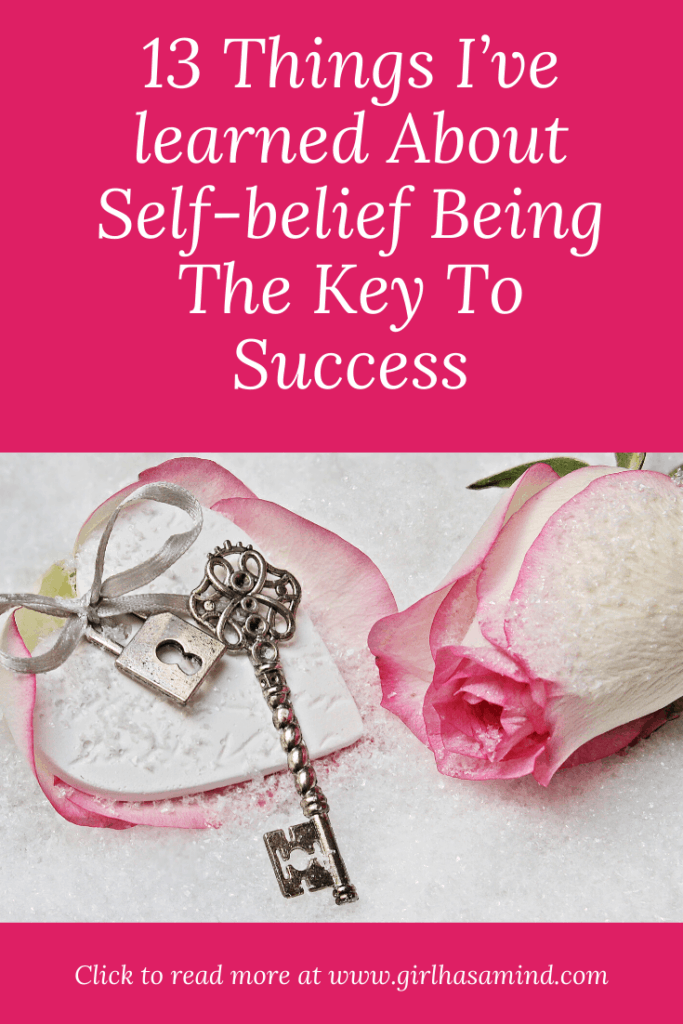
Final thoughts
So as you can see, self-belief is the sense that you can do more, you are capable of more, even when you don’t yet necessarily have the skills, abilities or experience.
All that is required is that you have a willingness to try, and that you trust in yourself to have the strength to keep going, until eventually you achieve success.
While writing this article it has occurred to me that perhaps the hardest part of self-belief, and the reason so many people lack it, is that it requires that trust in yourself, plus a certain amount of patience with yourself.
And perhaps that is what people struggle with, trusting themselves or having patience with their mistakes.
But what is clear, is that if you want to have any measure of success in this life, you are going to have to put yourself out there on the edge, and without trust in yourself, and therefore self-belief, you will not be able to do it.
So to summarise, the key to success really is self-belief, plain and simple.
I would LOVE to know your own experiences or how you discovered your own keys to success, so feel free to leave a comment below, or email me at girlhasamind@gmail.com. Don’t be shy, a blogger’s best validation comes from other people’s own personal experiences after all.
As always, all of my love. I believe in you.
Lynette
After learning how and changing my own mindset, it is my mission in life to help others become their best self, positive, confident, happy and successful! 💕

